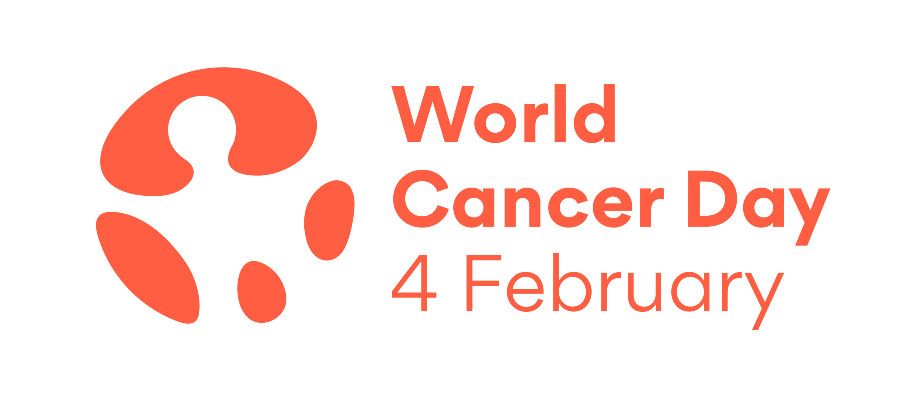Before I was diagnosed with metastatic breast cancer (also called secondary / advanced / stage 4 breast cancer) I was aware that there was a huge lack of awareness of this disease for patients from clinical staff in the NHS, as well as from charities.
I remember asking why patients weren’t advised about the RED FLAGS. I was told that telling patients was “too scary”.
That was the start of over 7 years of advocacy work creating the infographic, redesigning it and getting this in front of enough people with the clout to make decisions to make sure that patients have awareness of MBC.
31 women die EVERY DAY – we need to be empowered to recognize RED FLAG signs & symptoms of MBC.
It has created lots of interest and not always in the way that I expected. I have been copied by other charities and each time I have pushed back. The infographics are now recognized and used by patients and professionals alike all over the world.
Why are other charities NOT recognizing this good work? Why replicate something that’s already done? It’s reinventing the wheel. I don’t understand why anyone wouldn’t want to share the hard work that has been put in for years in developing something for FREE that helps ALL breast cancer patients. I feel that some charities see it as a competition.
It is now signposted by NHS England. I spoke at a large conference 3 years ago where all Cancer Alliances in England attended, but there’s still an issue with exposure and uptake as NHS England have told me they cannot make other Alliances make them use the infographics. They know they are important to be used.
The information was “ratified” in Greater Manchester by Oncologists & Clinical Nurse Specialists & they are now used as “Gold standard” by the Greater Manchester Cancer Alliance in their End of Treatment Summary Report for ALL primary BC patients. An End of Treatment summary report is shared with a primary patient after they have had all their treatment. It helps a clinical person to open up a conversation with a patient about “risk of recurrence”. I feel that the barrier for clinical people has always been how to approach the conversation with a patient. My infographics can help with that. This summary is additionally shared with the patient’s GP so it helps to raise their understanding and recognition of RED FLAGS.
It has been a huge achievement for me. It’s wrong to leave pateints uninformed as everyone should be aware of this risk as ~30% (or 1 in 3 of early stage primary patients) will develop SBC at some point and this can be up to 20+ years later. Another fact they are not told.
A GP Portal called Gateway C was created in Manchester around 6 years ago. I was aware of this being a patient representative on the Greater Manchester Breast Pathway Board. Gateway C is now used across England. My infographics have been included since it was developed. Now a specific learning programme for MBC has been created which I was filmed and interviewed for.
The infographics have gone from strength to strength and both infographics, one for ductal breast cancer and one for lobular breast cancer, are used worldwide & about to get even more exposure as they are being translated into multiple languages!
The Global Alliance who organize the ABC (Advanced Breast Cancer) conference every 2 years, promoted a Toolkit. The Global Alliance were requesting submissions with ideas of how to help MBC patients. I thought I would submit the infographics as a simple idea. I was interviewed, provided information as to how it was created, and this information was shared onto their website and in the “toolkit” for others to read about them.
In Summer 2021 I was asked to present the infographics on a webinar the Global Alliance were holding. This was for metastatic breast cancer professionals and patients across the world. I was chosen and another 2 people (clinicians) presented their ideas. My short presentation and idea came across really well as people started asking to have it translated into different languages.
I went back to the health company that the Global Alliance was working with to see if they could get the sponsor (Pfizer) for them to support it being translated, as I couldn’t support the requests that I had on my own. I needed professional help. Thankfully Pfizer agreed and now the infographics are being translated into 11 languages therefore this will be global initiative to bring awareness of MBC across the world!
I’m so pleased and excited that the infographics have been recognized like this and will be used to help patients understand the red flags.
Additionally, BCAM 2021, Greater Manchester Cancer arranged for a series of presentations (6 in total) that formed a webinar that went round to each locality. One of the topics was Secondary Breast Cancer and the infographics were included, so they received further promotion and shared locally. The presentations were recorded, and GMC are adding them to their website to be used repeatedly, as they will sit in a secondary breast cancer section on the website.
It shows if you believe in something, don’t give up. Even when I was told by charities & professionals I shouldn’t tell patients the reality – they are now changing their view. Charities are finally changing their focus to include MBC in #BCAM and I strongly believe that is because of the work that we have done with ABCD & METUPUK to promote this.
Don’t let anyone try to intimidate or oppress you. Your credibility and integrity will always shine through.
Jo Taylor
Founder of After Breast Cancer Diagnosis & METUPUK
See my ABCD website https://www.abcdiagnosis.co.uk/resources/infographics/ for the infographics
METUPUK share the infographics on here Red flag #SBCinfographic – MET UP UK – #BusyLivingWithMets and of course we support advocacy and campaigning for MBC patients.

